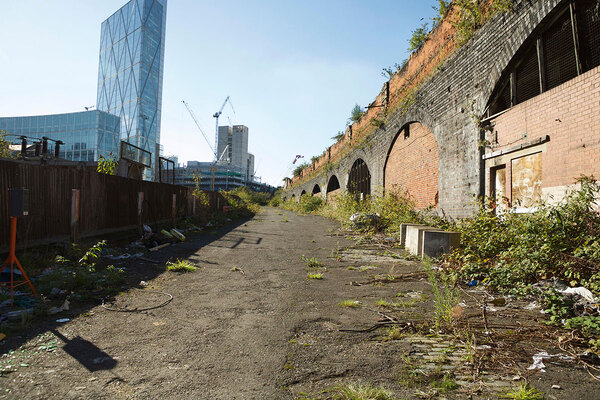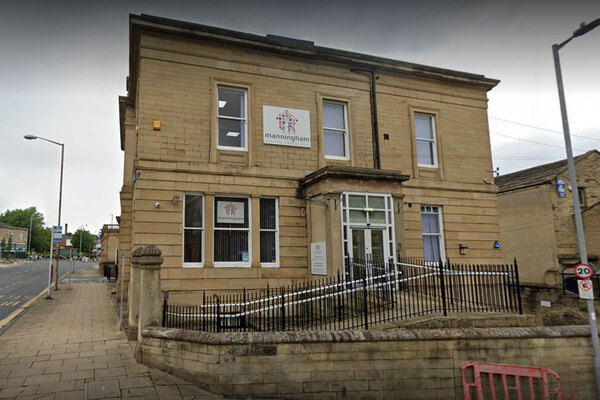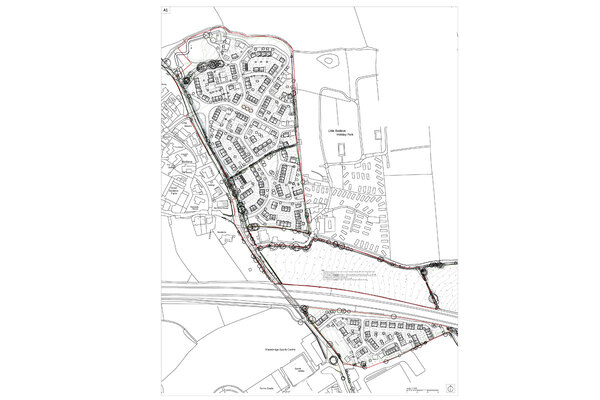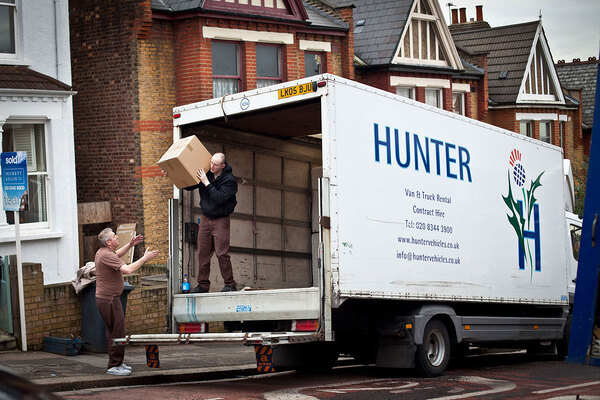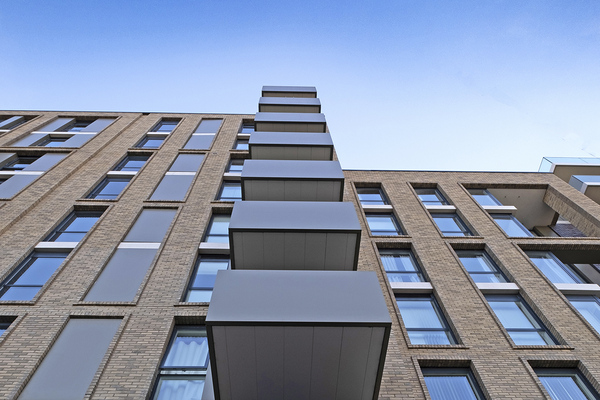You are viewing 1 of your 1 free articles
 Jules Birch
Jules BirchIs housing now more politically important to the government than the NHS?
A new book describes housing as the one major unequivocal policy failure of the past 40 years. Jules Birch looks at the bigger picture.
When you’re used to seeing things up close sometimes it makes sense to take a step back and look at the bigger picture.
Just such a macro look at housing comes in the latest episode of one of my favourite podcasts.
This week’s episode of Talking Politics is about what it calls “the fundamentals”: the factors that influence the politics of voters every day that seem outside politicians’ control.
The discussion starts with two propositions that are startling not just in themselves, but also because they come from Cambridge academics who are more used to talking about Brexit and Trump than housing affordability and housebuilding.
The first is that housing is more politically important to the government than the NHS. Following on from that, the second is that if Jeremy Corbyn wins the next election housing will be the main reason why.
“Anything that governments can do about the cost of living will have limited impact without tackling housing.”
The starting point is two graphs in a new book on the future of social democracy, What’s Left Now? by politics professor Andrew Hindmoor, that describes housing as the one unequivocal policy failure over the past 40 years.
One graph shows that the percentage of final income spent on housing by the richest 5% of the population has dropped from just over 10% in 1961 to just under 10%.
By contrast, the poorest 5% are now spending 45% of their final income on housing, compared to just 15% in 1961.
With those kinds of figures in mind, it’s hardly surprising that anything governments can do about the cost of living will have limited impact without tackling housing.
So how have the politicians allowed this to happen? Partly, argues Helen Thompson, professor of political economy at the University of Cambridge, on the podcast, because they don’t know how to stop it happening.
One of the problems with housing is that anything governments do to help one group, say home owners, tends to hurt others, like renters. It’s difficult to find something that helps everyone.
Another, argues David Runciman, head of politics and international studies at Cambridge, is that our first-past-the-post political system is ill-equipped to deal with issues like housing.
At a national level, there is an incentive for constituency-based MPs to support campaigns against housebuilding by the homeowning majority.
“One of the problems with housing is that anything governments do to help one group, say home owners, tends to hurt others, like renters.”
At a local level, many councils are one-party fiefdoms. One consequence of this is opposition to the regeneration schemes of inner London councils has had to come from within the Labour party.
Looked at from the other end of the telescope, you can quibble with some of this analysis – for starters, the panellists do not seem to be aware of housing associations.
The aggregated figures ignore huge differences between areas and generations, and they may also reflect changes in incomes as well as house prices and rents and the huge fall in mortgage interest rates since 2008. And housing tenure has changed dramatically. We have seen a huge rise in outright ownership, leaving many people with minimal housing costs depending on how they are measured.
If they are retired they may have low incomes but huge housing wealth.
The increase in costs at the bottom end of the income scale reflects the switch to private renting, the end of rent regulation and (for the most part) a policy of increasing social rents by more than inflation.
That said, the big picture reveals some things that may not be so clear from close up – and similarities between what’s happening in the UK and elsewhere.
Globalisation has brought action against foreign ownership of housing in Canada, Australia and (especially) New Zealand, while the countries with the most financialised economies have the biggest housing problems.
And – after covering Trump and the state of the American economy, and the ups and downs of the stock market – the podcast comes back to a key point to bear in mind about housing in the future.
“If interest rate rises raise the cost of borrowing for national governments, that could have a big effect on Labour plans for a housing programme.”
If housing does help Jeremy Corbyn to election victory, Labour could be taking power in a very different economic climate to now.
One of the main reasons for all that stock market volatility is a fear that interest rates could be about to rise more quickly than expected, and the era of cheap money may be over.
If that in turn raises the cost of borrowing for national governments, that could have a big effect on Labour plans for a housing programme (as well as renationalisation of public services) that can, for the moment, be presented as cost-free.
The podcast rightly identifies 1997 as one moment when housing could have taken a different turn.
Before that election Labour was apparently committed to increasing investment and freeing council housing from years of cuts and controls under the Conservatives, but in power it did neither.
But it’s equally clear now that 2010 was another opportunity missed. A government that wanted to tackle the housing crisis would have seen the opportunity to borrow to invest in new homes at extraordinarily low interest rates.
Instead, we got Cameron and Osborne, 60% cuts in investment and a deepening housing crisis –and then Theresa May and a ‘council house revolution’ that turned out to be £2bn recycled from other programmes.
There are many who want to go further, even in Ms May’s own cabinet, but those 40 years of failure are stretching towards 50.
Jules Birch, award-winning blogger






